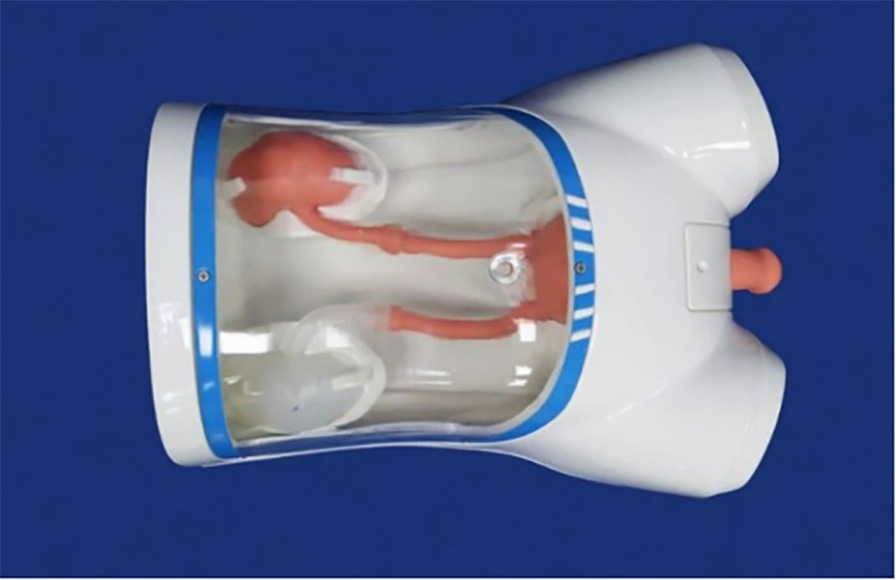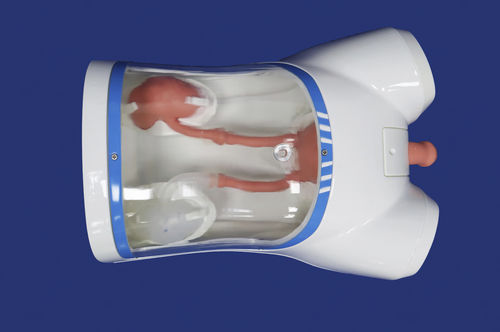
#Industry News
Understanding Kidney Stones: Causes, Symptoms, and Treatment Options
Ureteroscopy Simulator
Introduction:
Kidney stones, also known as renal calculi, are painful mineral and salt deposits that form in the kidneys. This condition affects millions of people worldwide, causing discomfort and potential complications. This article aims to provide a comprehensive overview of kidney stones, including their causes, symptoms, and available treatment options.
Causes:
The formation of kidney stones can be attributed to several factors. Dehydration, a lack of sufficient fluid intake, can lead to concentrated urine, creating an environment conducive to stone formation. Certain medical conditions, such as urinary tract infections, gout, and hyperparathyroidism, can increase the likelihood of kidney stone development. Additionally, dietary factors, including excessive consumption of oxalate-rich foods (such as spinach and chocolate), high levels of sodium, and a diet low in calcium, can contribute to stone formation.
Symptoms:
Kidney stones often present with intense pain, typically referred to as renal colic. This pain is commonly experienced in the back or side, radiating towards the lower abdomen and groin. Other symptoms may include blood in the urine, frequent urination, cloudy or malodorous urine, and a persistent urge to urinate. In some cases, individuals may also experience nausea and vomiting.
Treatment Options:
Treatment strategies for kidney stones depend on their size, location, and overall health of the patient. For smaller stones, conservative management with increased fluid intake and pain medication may be sufficient, as the stones may pass naturally through the urinary tract. In cases where the stones are larger or causing significant discomfort, medical intervention may be required. Common medical procedures include extracorporeal shock wave lithotripsy (ESWL), ureteroscopy, and percutaneous nephrolithotomy (PCNL). These techniques aim to break down or remove the stones, providing relief and preventing further complications.
Prevention:
Preventing the recurrence of kidney stones is crucial. Staying properly hydrated by consuming an adequate amount of water daily is essential to maintain dilute urine and reduce the risk of stone formation. A well-balanced diet, low in sodium and high in fruits and vegetables, can help prevent the accumulation of stone-forming substances. Additionally, individuals with a history of kidney stones should consult with a healthcare professional to identify any underlying conditions that may contribute to stone formation and develop a tailored prevention plan.





